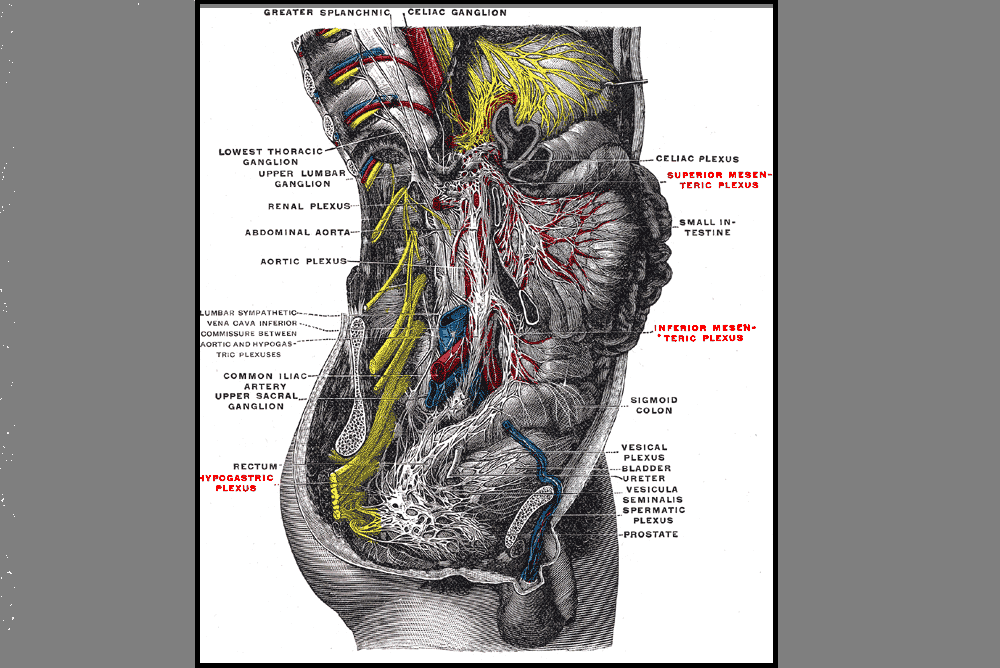Treating Chronic Pain with a Mindfulness- Based Biopsychosocial Approach

This November, Herman & Wallace is thrilled to be offering a brand-new course instructed by Carolyn McManus, PT, MS, MA, called Mindfulness-Based Biopsychosocial Approach to Chronic Pain. This course will be offered November 15-16, 2014 in Seattle, WA. We sat down with Carolyn to learn more about her course.
What inspired you to create this course?
I want to improve the lives of people with chronic pain and help my colleagues be successful in providing care to this often challenging patient population. With my academic training in both PT and psychology, my longstanding mindfulness meditation practice and over 25 years specializing in the care of people with chronic pain, I have a wealth of information and a wide range of practical skills to share with my colleagues.
Among my co-workers at Swedish Medical Center, I learned that those who liked working with patients with persistent pain felt they had something to offer that would help. Those who did not like this patient population felt there was nothing they could do to make a difference in the lives of these patients. I want physical therapists to have the skills and confidence to make a difference and improve the lives of people with chronic pain. I want others to know the same feeling of reward I feel when I have made that difference.
I have had colleagues comment to me that although they understand the basic principles of chronic pain, they do not feel confident to explain pain to patients or talk about the role of stress, cognitions and emotions in amplifying pain. I want to give my colleagues the language to do just that. I do not mean stepping beyond our comfort zone or scope of practice, but rather to offer patients a basic framework for the mind body relationship, based in neuroscience, that can change a patient’s attitude and belief system about pain.
I also want to introduce my colleagues to mindfulness. Mindfulness is the ability to rest the mind in the present moment with an open, friendly, curious attitude. This skillful way to pay attention has made an enormous difference in my personal and professional life and in my patient’s lives. Although it takes years of training to teach mindfulness meditation, any healthcare provider can draw on the basic principles of mindfulness to support a patient’s well being and healing.
What resources and research were used when writing this course?
I track the pain literature closely and am especially interested in how the brain changes with chronic pain and the role of stress, emotions and cognitive variables in contributing to chronic pain conditions. PTs are highly skilled to address the nociceptive component of a patient’s pain complaints. As our understanding of chronic pain has broadened to include principles of central sensitization, structural and functional brain changes and the cognitive modulation of nociceptive input, we need to have the training and skills to address these multiple and complex components that give rise to chronic pain conditions. I draw from literature in physical therapy, pain, psychology and mindfulness meditation.
Why should a therapist take this course? How can these skill sets benefit his/ her practice?
If you ever feel overwhelmed, frustrated or challenged by patients with persistent pain conditions, this is the course for you. You will learn the about the exciting new science of pain, the amazing ways stress and cognitive modulation impacts the pain system, and how to apply mindfulness to help manage your own stress during your workday. In addition, you will be able to explain pain, the role of stress in amplifying pain, the mind-body connection and mindfulness to your patients to help empower them to maximize what they can do for themselves to promote healing and well being.
Want to learn more from Carolyn? Join us in November in Seattle!
By accepting you will be accessing a service provided by a third-party external to https://hermanwallace.com./








































